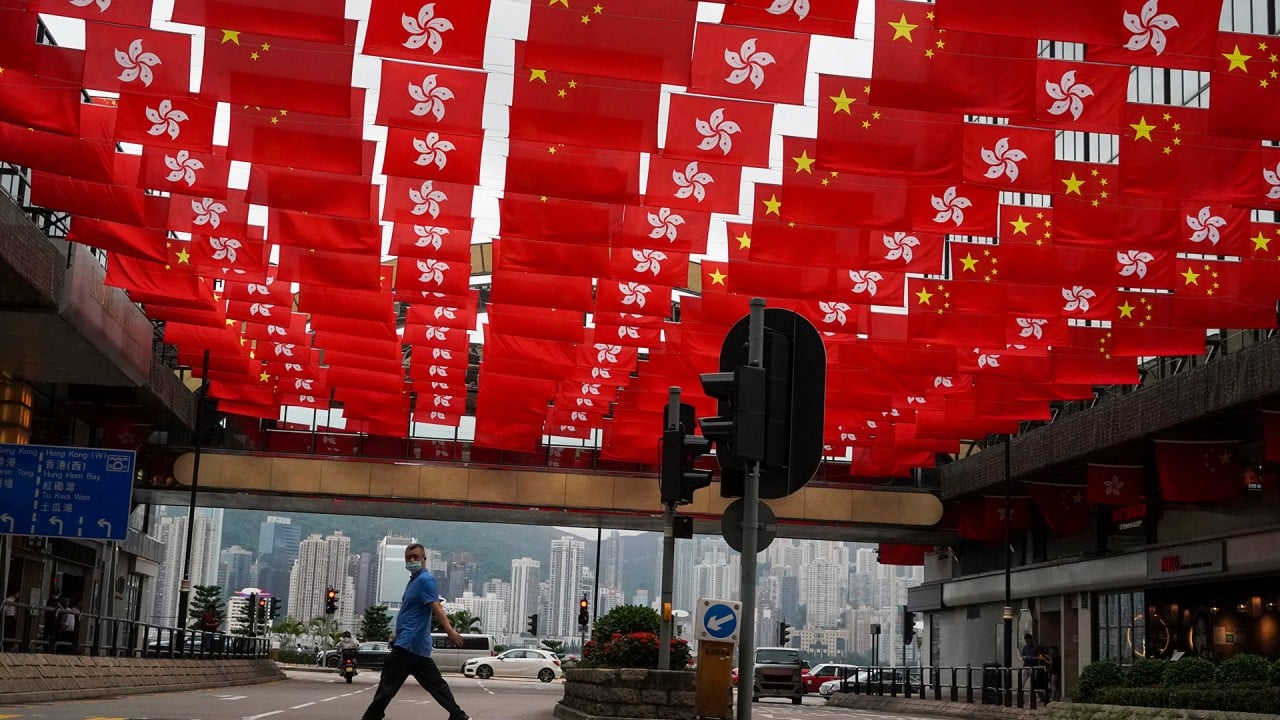
Hong Kong is a city of duelling narratives, but deep down we know the truth
- Beijing supporters say destructive elements of society have been removed. Pro-democracy voices claim dissent has been outlawed by an unresponsive government
- The government calls it a restoration of stability but, to many foreign commentators, Hong Kong is now a police state
For me, there should be no confusion. After 42 years in journalism, I should have a good grasp of what is right and wrong. My work involves researching, checking facts and reporting truthfully. It has stood me well as I have never been out of a job.
Pro-Beijing media and officials have a different narrative, though. They see foreign forces being behind the demonstrations, handing out cash and incentives to the protesters and supplying them with weapons. Meanwhile, anti-Beijing forces worked from within the government to undermine and derail the system.
Is Hong Kong a great place to live? How quality of life changed post-handover
Authorities contend that destructive elements of society have now been removed, but Western human rights groups see matters differently. They say the city has plunged in global rankings of freedoms and that the rule of law is threatened.
The state-run China Daily said the swearing in of John Lee Ka-chiu as the next chief executive represents a turning point for the city, marking a “transformation of Hong Kong’s development stage from chaos to order, and from good governance to prosperity”.
For the 34 years I have lived in Hong Kong, I have always thought of it as being among the safest places in the world. Its people are law-abiding, honest, hard-working and determined to make the most of what they have. They have deserved better.
There are always two narratives to events, those of the winners and losers. Hong Kong is a Chinese city, but one that is the product of a Western system. A quarter of a century after the handover from one to the other, there is bound to be confusion about the course of events among those who lived through it. No matter what the laws and rules, we know within ourselves the truth.
Peter Kammerer is a senior writer at the Post


